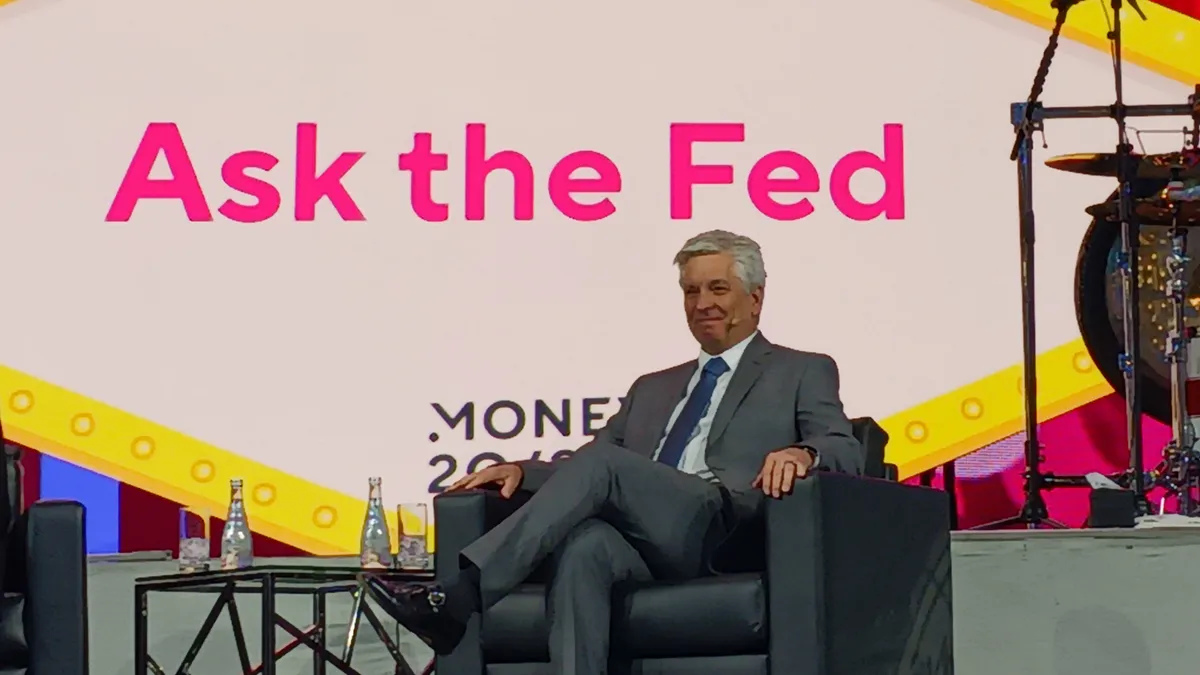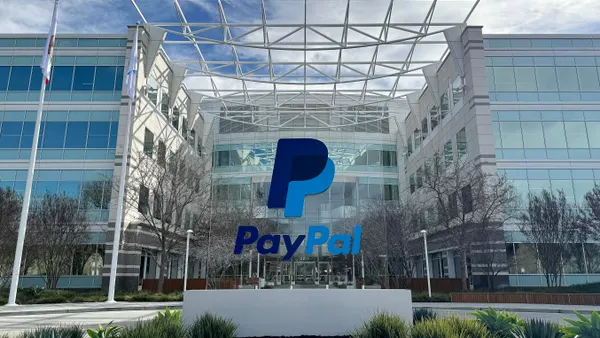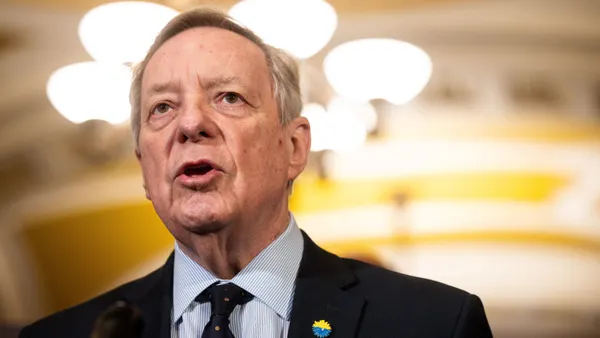The risks of digital assets should be kept in mind while various parts of the crypto ecosystem are explored for potential use, Federal Reserve Governor Christopher Waller said at a conference Friday.
Though not a fan of cryptocurrency himself, Waller said digital assets and the technologies that support them could be used to address a wide range of issues faced by financial institutions.
“While it is critical that we ensure that the financial stability risks associated with crypto-assets are mitigated, it is important that we keep the various parts of the crypto ecosystem distinct in our minds as the debate about if and how to regulate crypto rolls on,” Waller said Friday. “Doing so will ensure we do not unduly limit the development and potential future uses of the positive features of the crypto ecosystem.”
Waller highlighted some elements of the digital-asset market that he said would be valuable to traditional banking, such as distributed ledgers, smart contracts and tokenization as a form of data privacy.
Though some of the technologies are not fully mature, they are moving away from their decentralized origins, he said.
Over time, smart contracts could be used to speed up the clearance and settlement of securities transactions, while tokenization, combined with data vaults to securely store personal information, can be used to protect one’s identity and prevent anonymous trading, he said.
“While these technological developments are still in their infancy, they have potential applications beyond the crypto ecosystem that could lead to substantial productivity enhancements in other industries,” Waller said.
Citing research from 1958, Waller said “economists have known that an intrinsically useless object can trade at a positive price.”
Cryptocurrency is not different, he said, as it has nothing “new or unique, but rather is based on economic relationships that result in objects having value.”
Waller compared crypto investment to collecting “speculative assets” such as baseball cards.
“If people want to hold such an asset, then go for it. I wouldn't do it, but I don't collect baseball cards, either,” he said. “However, if you buy crypto-assets and the price goes to zero at some point, please don't be surprised and don't expect taxpayers to socialize your losses.”
Waller did not express his views on the regulation of crypto assets, but other regulators have voiced their concern that banks should have limited engagement with crypto activities.
In a Senate panel hearing in November, regulators defended their caution on crypto. Michael Barr, the Federal Reserve’s vice chair for supervision, asserted that few banking institutions were planning to engage in crypto custody activity.
Late last month, the White House issued a Roadmap to Mitigate Cryptocurrencies’ Risks, meant “to ensure that cryptocurrencies cannot undermine financial stability, to protect investors, and to hold bad actors accountable.”
The Office of the Comptroller of the Currency and the Federal Deposit Insurance Corp. last month issued a joint statement asking supervised banks to engage in crypto-asset-related activities in a safe and sound way.
Waller said the Fed should take care in allowing banks to hold speculative assets whose price might plummet to zero, according to American Banker.
"That's the thing you have to realize about these crypto assets: there is an equilibrium where its value is positive and an equilibrium where it goes to zero. That's an incredibly risky asset,” he said. “We don't allow banks to do it with other things that have these types of properties. So if you're going to let crypto in, it's got to be very carefully watched."












